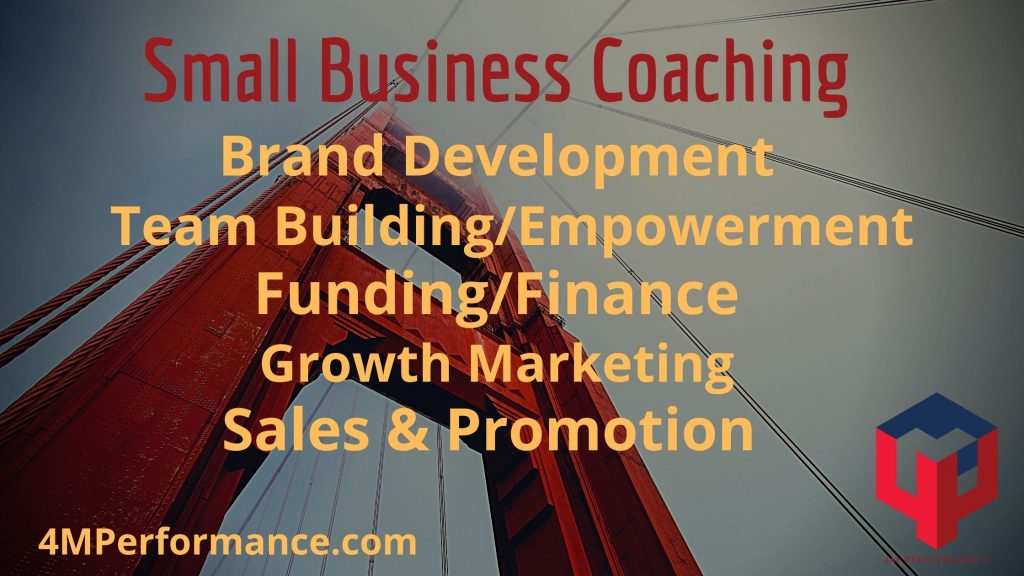If you’re a finance type you’ll love this article. If you’re not a numbers-person you may still want to slog through it as it may well be that SPAC is in your future.
What Is SPAC
SPAC (SPACE) is the newest frontier in business funding: A SPAC assembles a management team and sells stock – usually at $10 per share – to raise funds for future acquisitions. Once the money is raised, about 10% goes to the underwriter and the remaining amount is put in escrow. Once an acquisition is made – for at least 80% of the money raised – SPAC management receives 20% of the profits and investors get ownership in the acquired company. The money held in escrow gains interest while the investors look for an investment.
Investors are betting that a strong management team not only find a compelling business, but will manage it well and grow the stock price. SPAC management has a fixed time frame to sale a deal, usually 18-24 months, or it must return the funds raised to investors. Therefore, as long as an investor gets in early – and doesn’t pay more than the initial investors – they recoup all or most of their investment. For businesses that are acquired, SPACs are an attractive alternative to an IPO offering.
SPACs entered the financial arena in the ’90s but were considered the last resort for companies that couldn’t raise funds any other way. They ran for a few years but fell out of favor. So why are they suddenly making a comeback? It’s a combination of simplicity (a lot less complicated than an IPO) and more accurate valuations.
What businesses like about SPACs vs. IPO. As the above graphic illustrates a SPAC is faster to process, due diligence is less stringent, and it puts less strain on the management team. And, as they represent a quicker way to raise cash. However, SPACs are not risk free. Although the odds for a SPAC finding a target business have risen (last year about 89% found a business to invest in) their shares can fluctuate wildly even after the deal is made.
According to SPACInsider, the average return on investment for SPACs that announced an acquisition between 2018 and 2020 was 47.6%. Although SPACs are not better than IPOs if you have a business with no comps and that’s a new business and you don’t know how to value it, the SPAC process gives you an opportunity to meet with the investors and determine the valuation and if they would like to be involved.
SPACs look mostly to the technology, media, entertainment, and telecom sectors for deals – as this is where the investors feel is the most bang for their investment.


